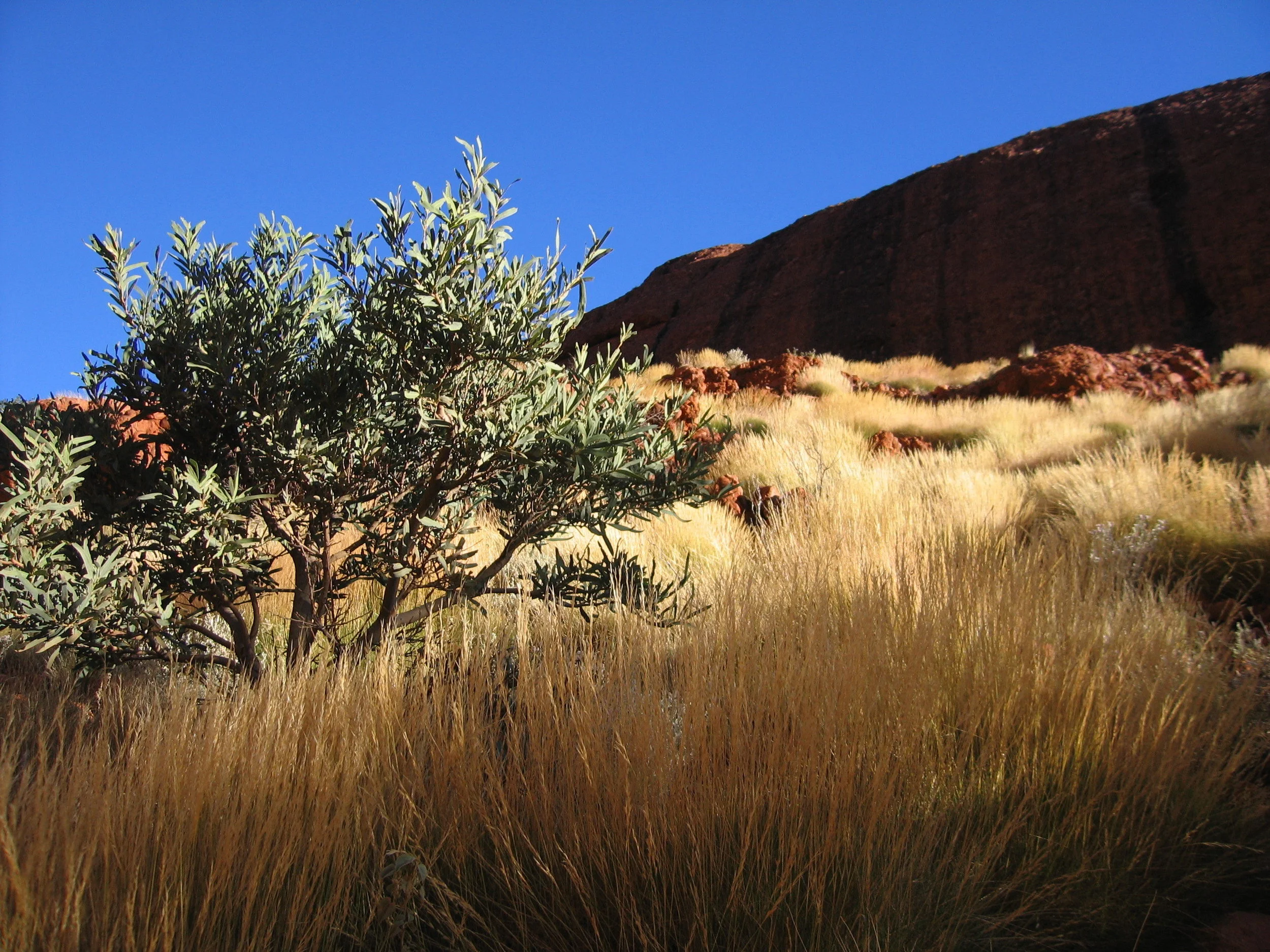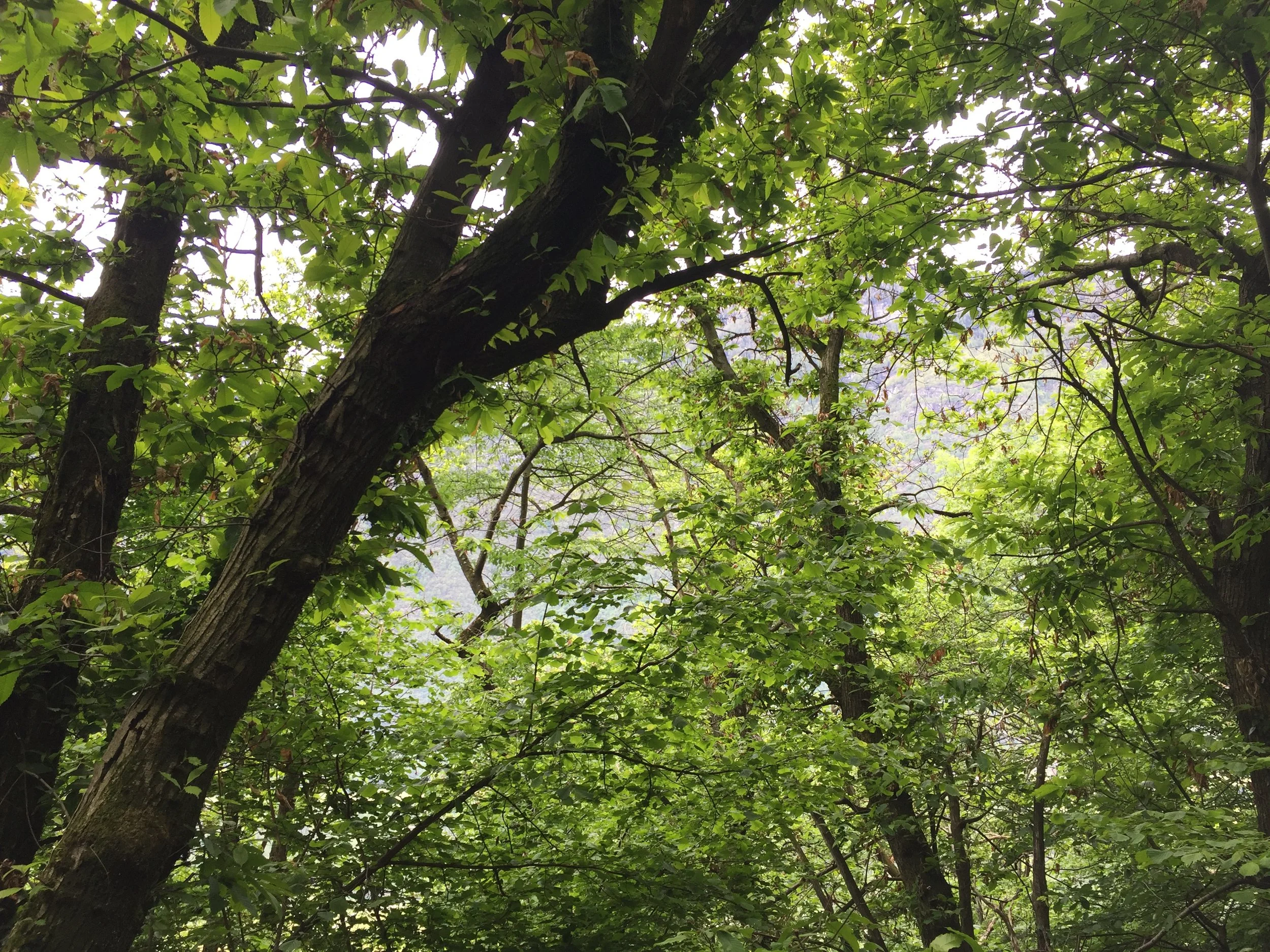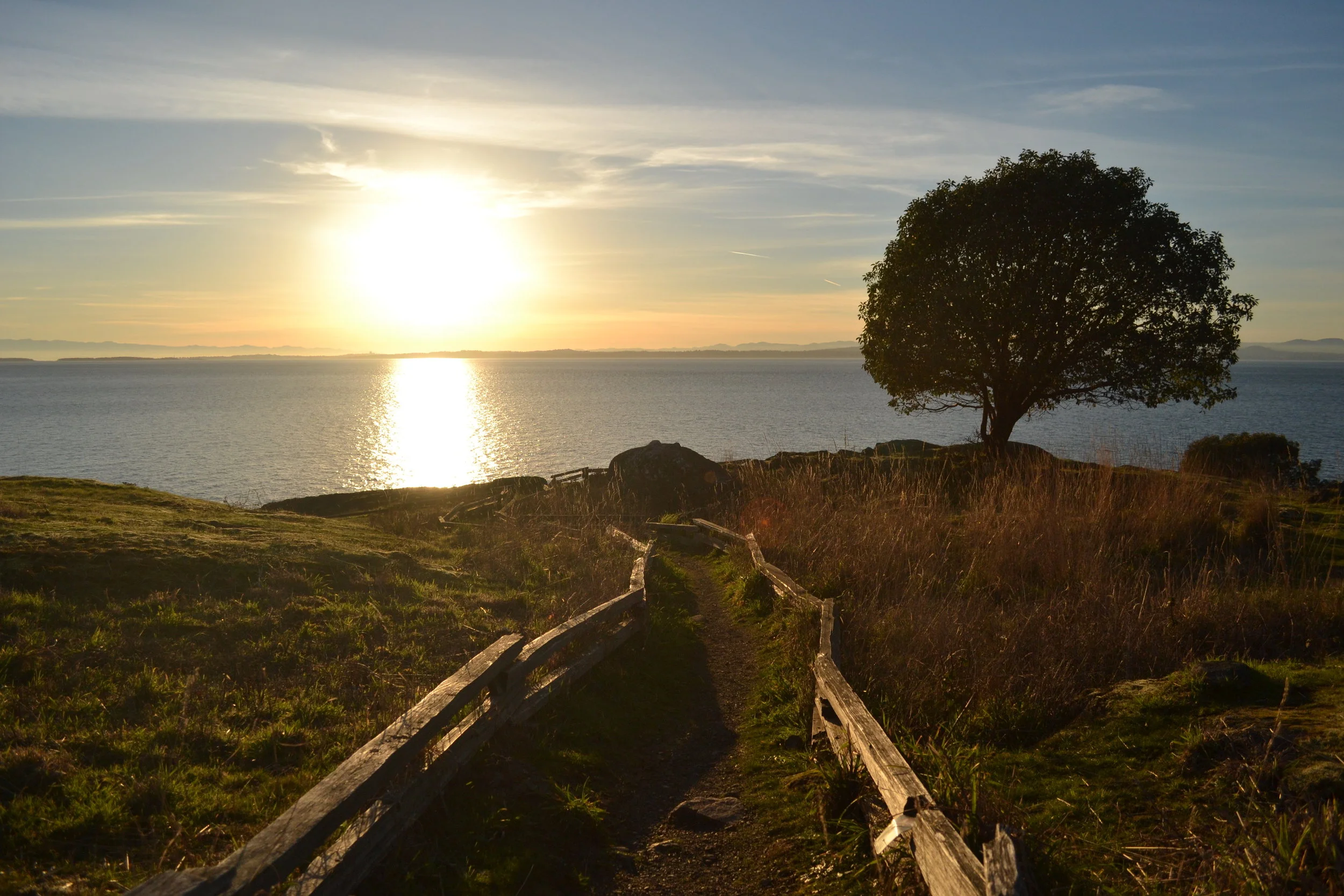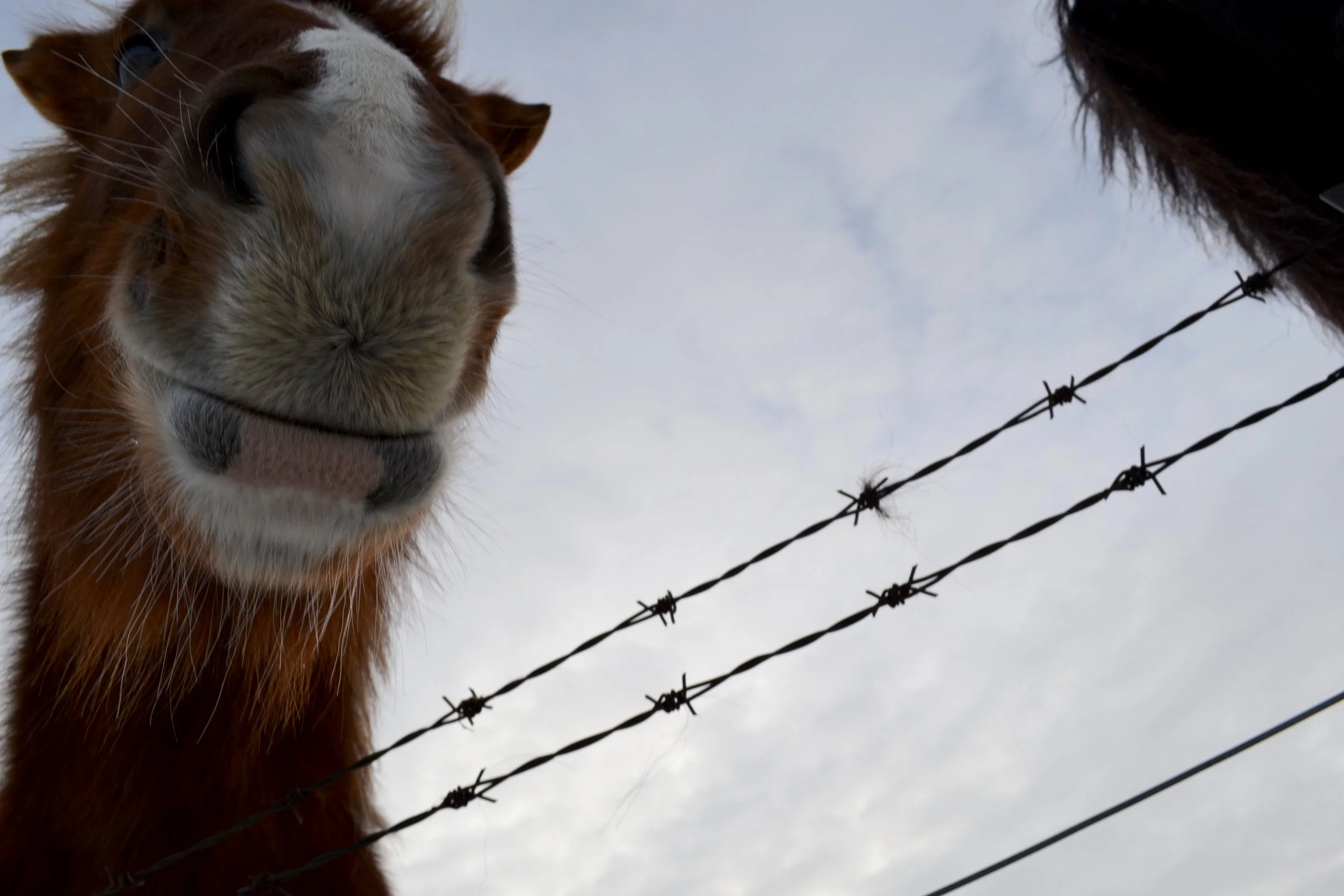This summer, the people living in Pakistan have faced an unrelenting series of extreme weather events, including heatwaves, forest fires, multiple glacial lake outbursts, and now, flash floods, coupled with a prolonged monsoon season.
This is a climate catastrophe.
The widespread flooding in Pakistan has resulted in over 1,000 deaths since mid-June, impacting over 30 million, with the destruction of homes, crops, roads, bridges and more critical infrastructure across all four provinces in Pakistan. Right now, first responders, the military and volunteers are working to evacuate stranded Pakistanis, deliver food to remote regions, and mitigate the spread of waterborne diseases. Agencies estimate that about 6.5 million Pakistanis need shelter, food, potable water and medicine.
This is environmental injustice.
As BBC noted, “Pakistan produces less than 1% of global greenhouse gas emissions but ranks consistently in the top 10 countries most vulnerable to the effects of climate change.” Early estimates state that these floods alone have cost Pakistan USD 10 billion. This is not an isolated incident. People living in South Asia are more likely to die from climate crisis impacts.
This is a foreshadowing of the extreme weather that is happening, and is to come, as a result of climate change.
Millions of people across India, Bangladesh and Afghanistan have also been affected by raging floods and landslides. Rainfall, flooding and mudslides in western China are estimated to have left about 1,000 dead. In Ghana, fishers and fishmongers are struggling to catch fish, leaving fishing communities, especially women, very vulnerable to the negative impacts of climate change. Europe is grappling with record-breaking heatwaves and wildfires across the Mediterranean. In the US, wildfires in California and flooding in the south east threaten lives and are wreaking havoc on infrastructure.
As António Guterres, the United Nations’ Secretary-General, aptly said last week: “Let’s stop sleepwalking towards the destruction of our planet by climate change. Today, it is Pakistan. Tomorrow, it could be your country.”
Photo by Dibakar Roy on Unsplash
Today, we ask that you take action to specifically support the people of Pakistan as they struggle for survival at the frontlines of climate change, and all those around the world who are also facing climate crises.
WHAT WE CAN DO TODAY:
If you are able to, donate what you can to organizations who are leading relief efforts to evacuate stranded Pakistanis, deliver food and mitigate waterborne diseases:
Established in 1951, the Edhi Foundation is a Pakistan-based non-profit social welfare organization. The Edhi Foundation has launched a flood relief campaign to provide cooked food, dry ration packs, tarpaulin sheets, medical aid and other non-food essential items to those impacted by floods.
Established in 1984, Islamic Relief is a global humanitarian and development agency working in over 45 countries to assist and transform the lives of some of the world’s most vulnerable people. They have launched an appeal for the floods in Pakistan to provide food, cash grants and buy pumps to remove water from flooded homes.
You can find additional relief campaigns to support here (scroll horizontally to column L for links).
The United Nations has issued an appeal for $160 million in emergency funding to Pakistan, led by the Government of Pakistan. Call your representatives and ask them to support this appeal, and to take action to mitigate the consequences of climate change in Pakistan, and across the world.
Show support and solidarity. Re-share information about how flooding has impacted Pakistan, as well as calls for donations, in your personal networks. Take the time to speak with your family and friends about how climate change is impacting Pakistan, and countries across the world.
Learn more about the impacts of climate change in your local area. For example, if you live in Canada, use the Climate Atlas to explore how climate change will impact your community. If you live in the UK, use this tool (created by the BBC and the Met Office) to explore what climate change will look like near you.







